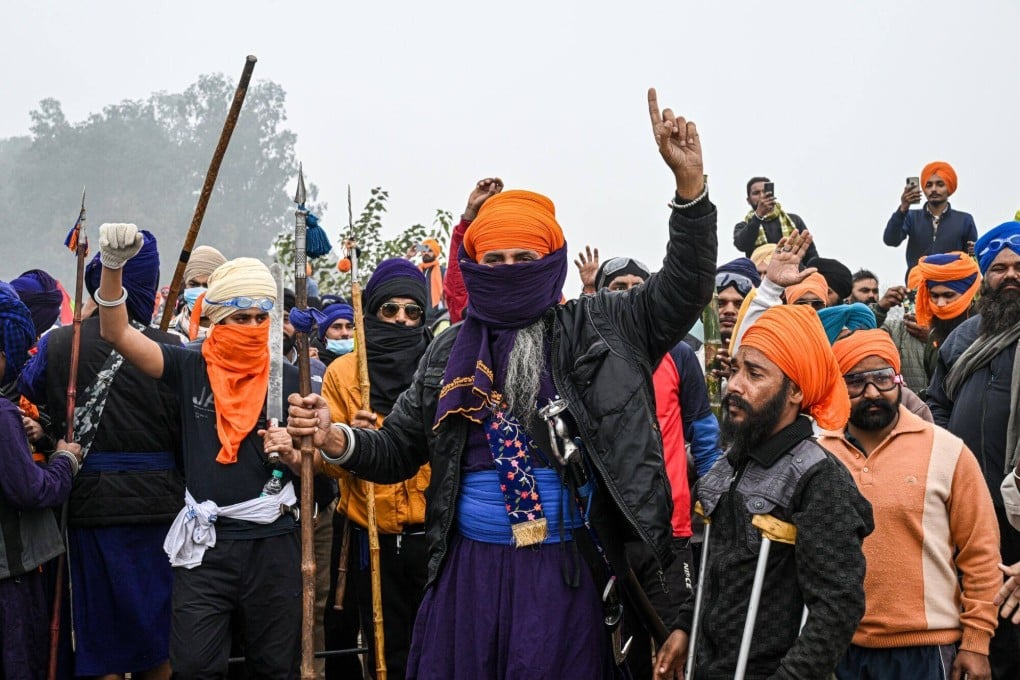Rising internet shutdowns in India spark fears of authoritarianism before election
- India has recorded the highest number of internet cut-offs in the last five years, according to one study
- The shutdowns have angered many Indians and contradict PM Narendra Modi’s vision of a ‘digital India’

For the past 10 days, 20-year-old Kartika Singh, a medical student from Ambala, has been gripped by a mix of frustration and anxiety.
Singh’s inability to access her MedCalc application, a vital resource for medical students, has severely disrupted her preparations for the coming exams.
While the government’s rationale behind the internet shutdown is to combat fake news as protest violence between farmers and police escalates, analysts and critics are warning the blanket digital ban is an alarming authoritarian move ahead of the general election.
Over the past week, the protest scenes have turned chaotic with police using tear gas, rubber bullets and what some claim are pellet guns against demonstrators. On Wednesday, a 21-year-old farmer was reportedly killed in the clashes after he was struck by a bullet fired by the Haryana police. Farmers halted their protest for two days following the youth’s death.
